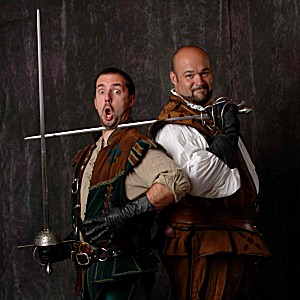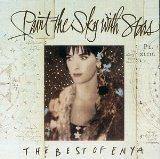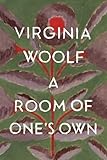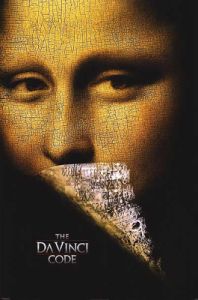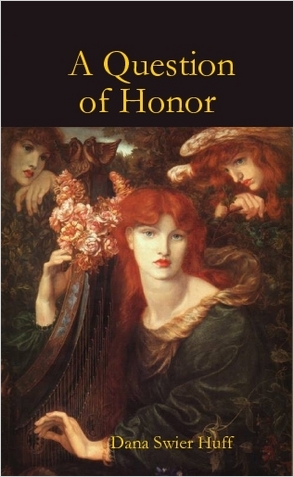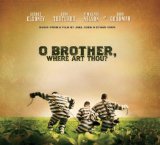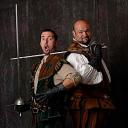 I checked out the entertainment roster for this year’s Georgia Renaissance Festival. Two of their most popular acts, Hack and Slash and the Zucchini Brothers are nowhere to be found. I couldn’t discover why neither act was on the roster at their personal websites, but at the MySpace page for Hack and Slash, I found the following in a blog post:
I checked out the entertainment roster for this year’s Georgia Renaissance Festival. Two of their most popular acts, Hack and Slash and the Zucchini Brothers are nowhere to be found. I couldn’t discover why neither act was on the roster at their personal websites, but at the MySpace page for Hack and Slash, I found the following in a blog post:
We won’t be returning to the Georgia Rennaissance [sic] Festival this year, as they are making big changes to their entertainment roster. Thanks for the many emails we’ve received from our GARF supporters. We’ll miss seeing you all and sharing the stage with the Zucchini Brothers this Spring.
I think the boys were careful with what they said, but reading between the lines, it looks as it if is the Georgia Renaissance Festival’s choice not to invite either Hack and Slash or the Zucchini Brothers back. I think this is a huge mistake! I go to the Georgia Renaissance Festival every year without fail, and we always see three acts, no matter what: the Lost Boys, Hack and Slash, and the Zucchini Brothers. If you have enjoyed Hack and Slash and the Zucchini Brothers in the past, please write to the Georgia Renaissance Festival and ask the entertainment organizers to bring them back!
[tags]Georgia Renaissance Festival, Hack and Slash, Zucchini Brothers, entertainment[/tags]
